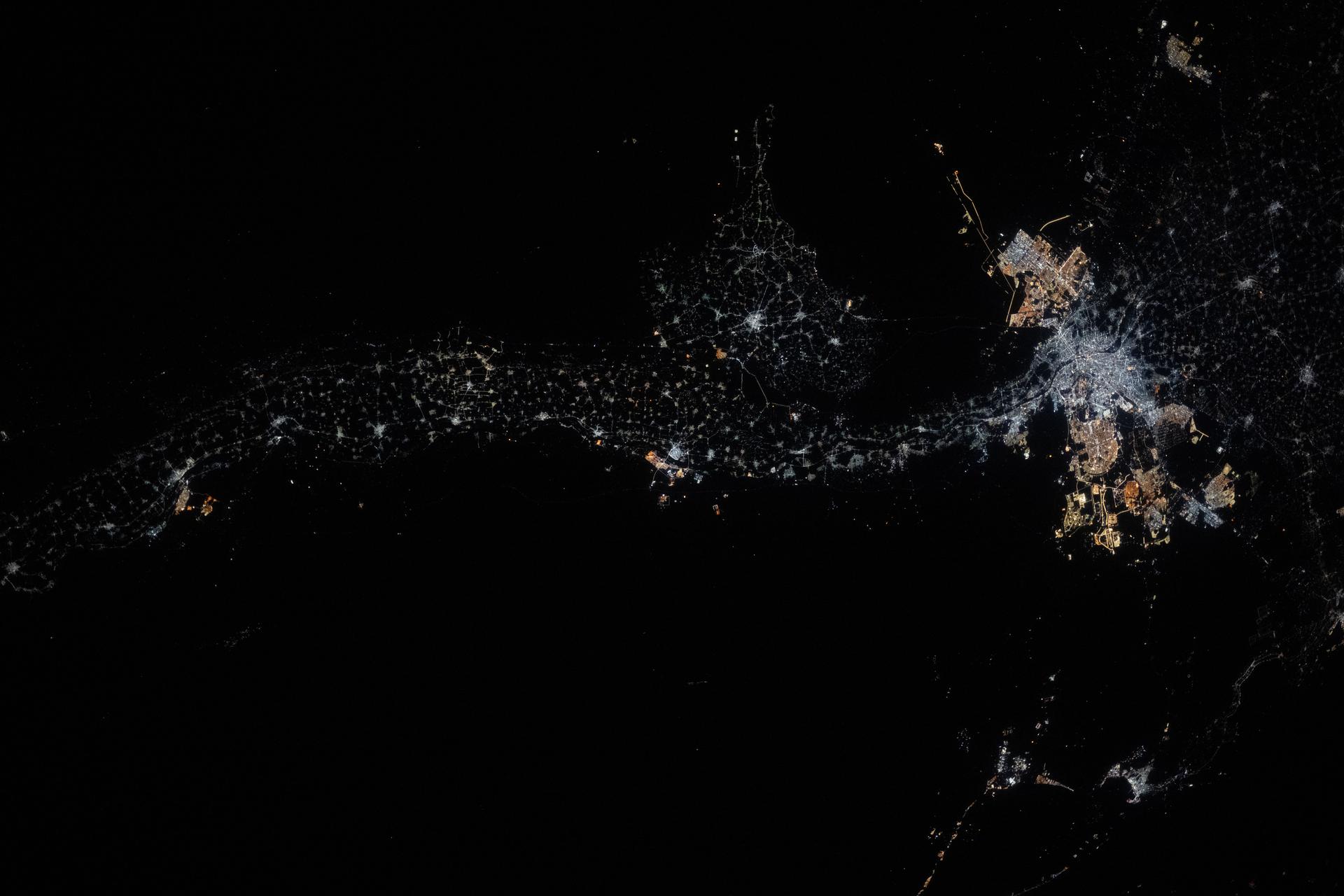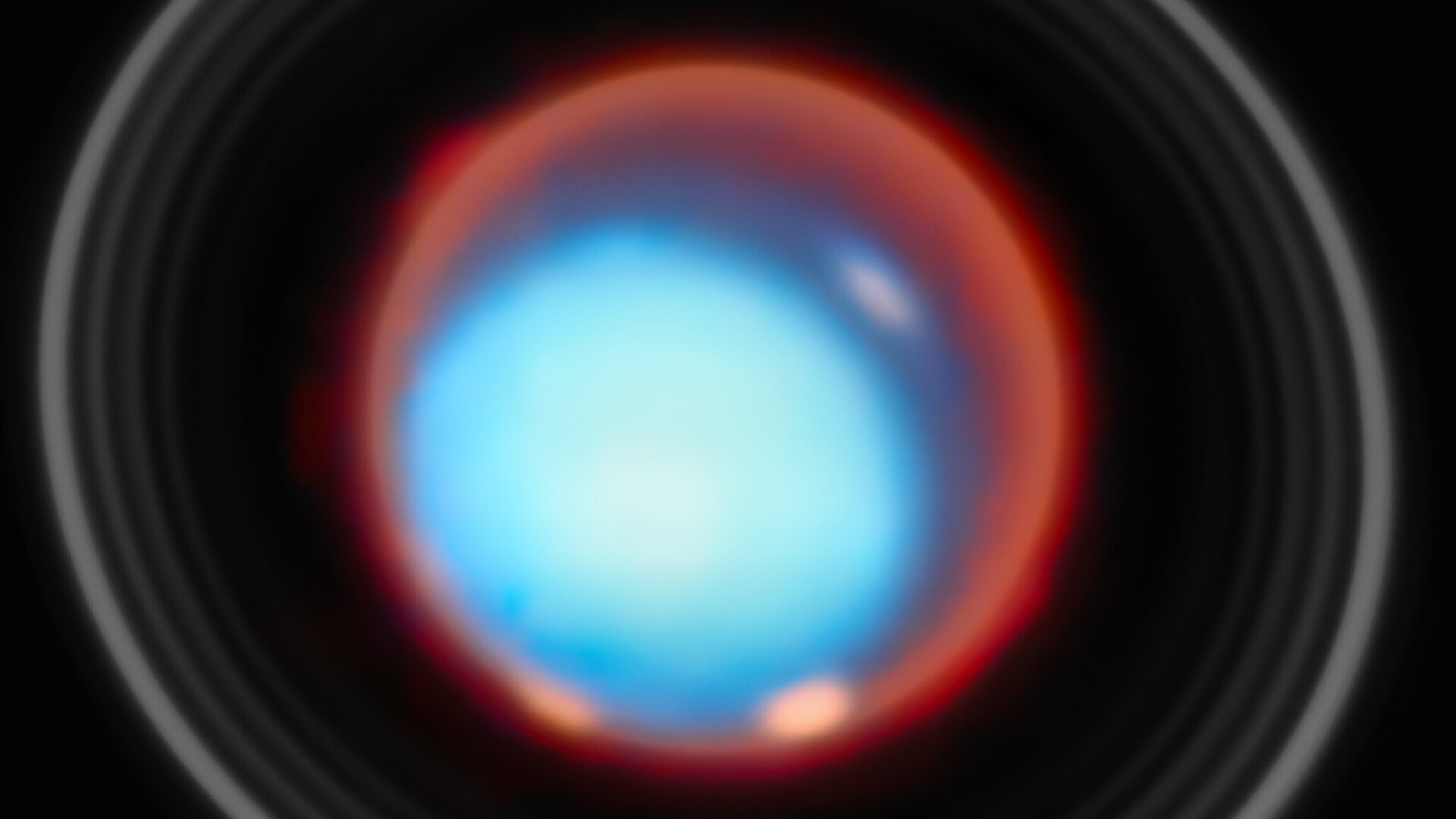ISS astronaut captures Egypt's glittering Nile River at night | Space photo of the day for Aug. 26, 2025
The chain of lights shows the river's corridor from Minya to New Bani Sewf City to the heart of Cairo.

Breaking space news, the latest updates on rocket launches, skywatching events and more!
You are now subscribed
Your newsletter sign-up was successful
Want to add more newsletters?

Delivered daily
Daily Newsletter
Breaking space news, the latest updates on rocket launches, skywatching events and more!

Once a month
Watch This Space
Sign up to our monthly entertainment newsletter to keep up with all our coverage of the latest sci-fi and space movies, tv shows, games and books.

Once a week
Night Sky This Week
Discover this week's must-see night sky events, moon phases, and stunning astrophotos. Sign up for our skywatching newsletter and explore the universe with us!

Twice a month
Strange New Words
Space.com's Sci-Fi Reader's Club. Read a sci-fi short story every month and join a virtual community of fellow science fiction fans!
At 1:32 am local time, an astronaut aboard the International Space Station (ISS) captured a striking view of the Nile River glowing across Egypt.
What is it?
The Nile River, often called the "lifeblood of Egypt," is the longest river in the world, stretching around 4,130 miles (6,650 kilometers) from its source in East Africa to its delta on the Mediterranean Sea.
Here, the lights along the river show the urban development along its banks, from Minya to New Bani Sewf City, ending in the glowing metropolis of Cairo at the Nile delta.
Where is it?
This photo was taken from the International Space Station, orbiting 259 miles (417 km) above our planet in low Earth orbit.
Why is it amazing?
For millennia, the Nile's predictable annual floods deposited nutrient-rich silt on its banks, enabling agriculture to flourish in an arid landscape and giving rise to one of history's most enduring civilizations. Ancient Egypt's cities, temples and trade networks were all anchored to this ribbon of water, and its cultural significance continues today.
Images like this one show how the reliance on the Nile changes geographically, as photographs from the ISS over time show changes in urban development across the river system.
Want to learn more?
You can read more about the International Space Station and the importance of rivers like the Nile.
Breaking space news, the latest updates on rocket launches, skywatching events and more!
Kenna Hughes-Castleberry is the Content Manager at Space.com. Formerly, she was the Science Communicator at JILA, a physics research institute. Kenna is also a freelance science journalist. Her beats include quantum technology, AI, animal intelligence, corvids, and cephalopods.
You must confirm your public display name before commenting
Please logout and then login again, you will then be prompted to enter your display name.

